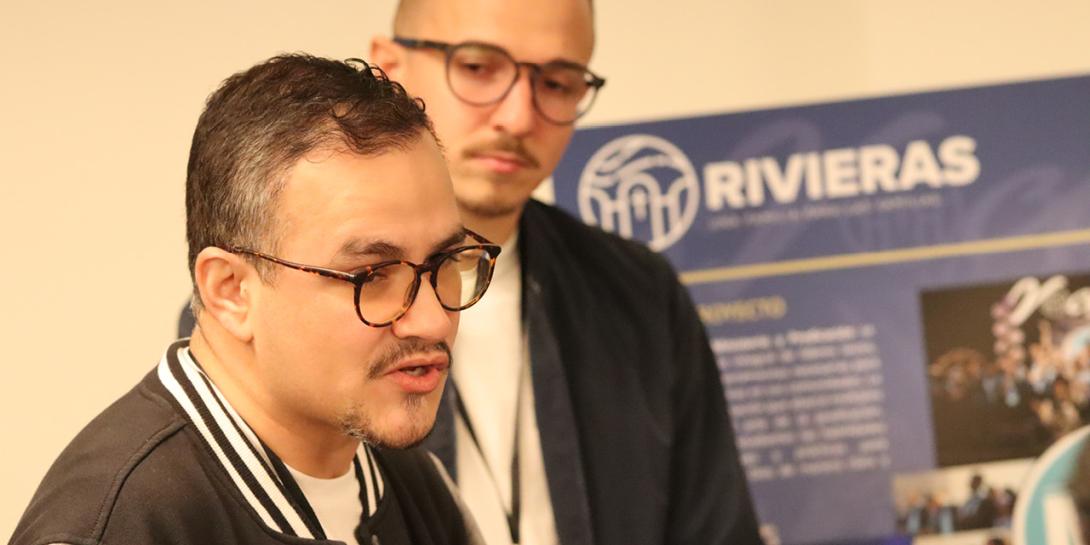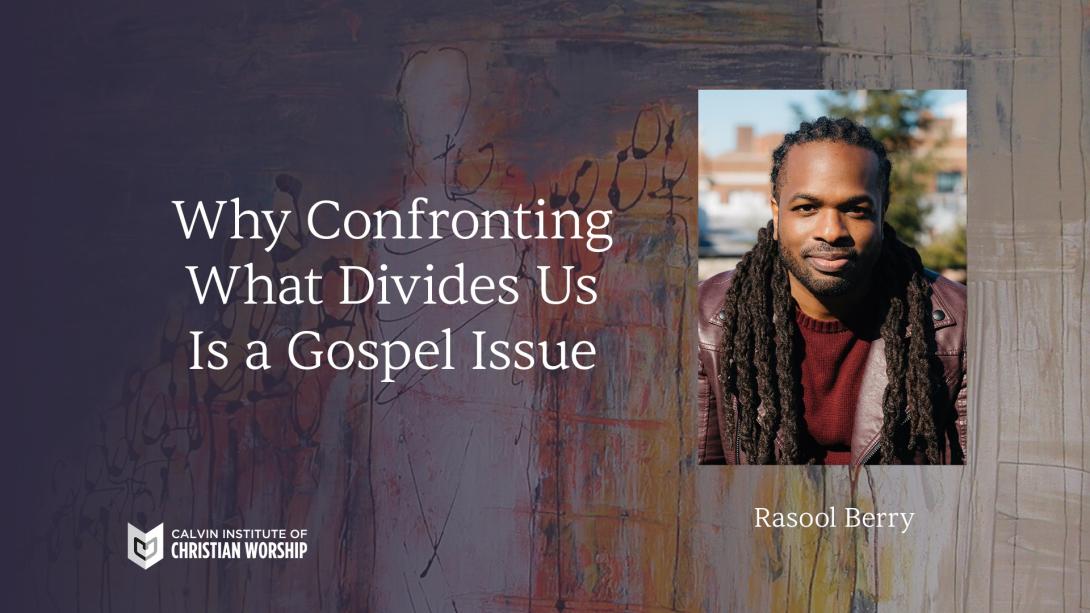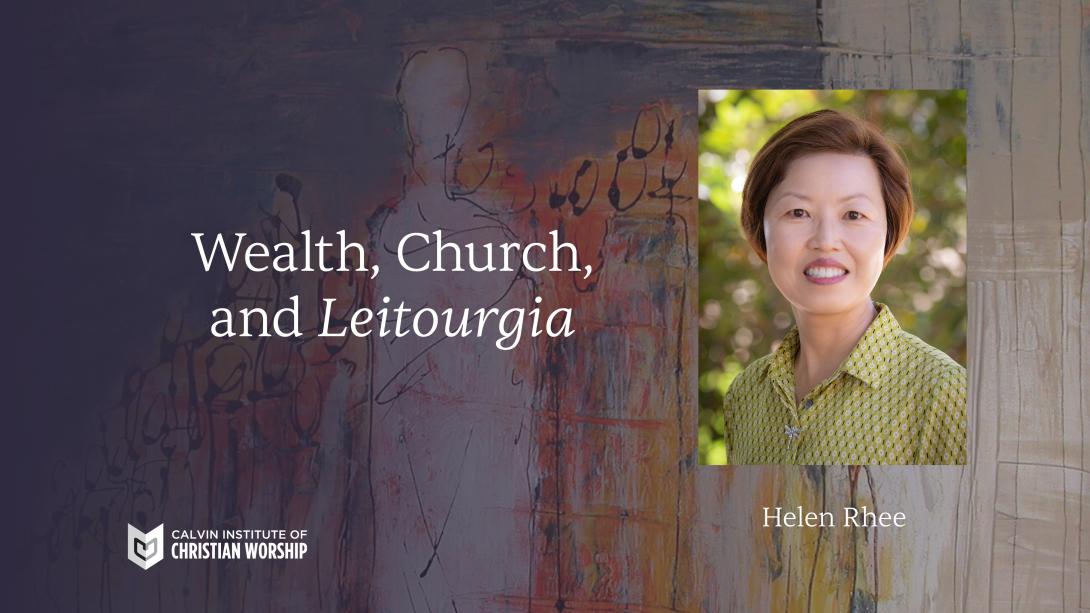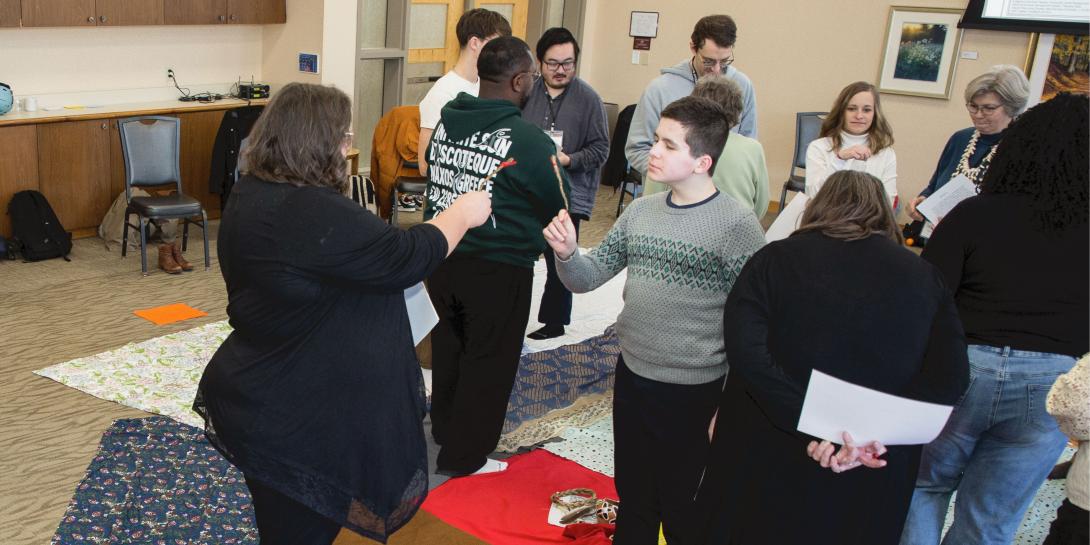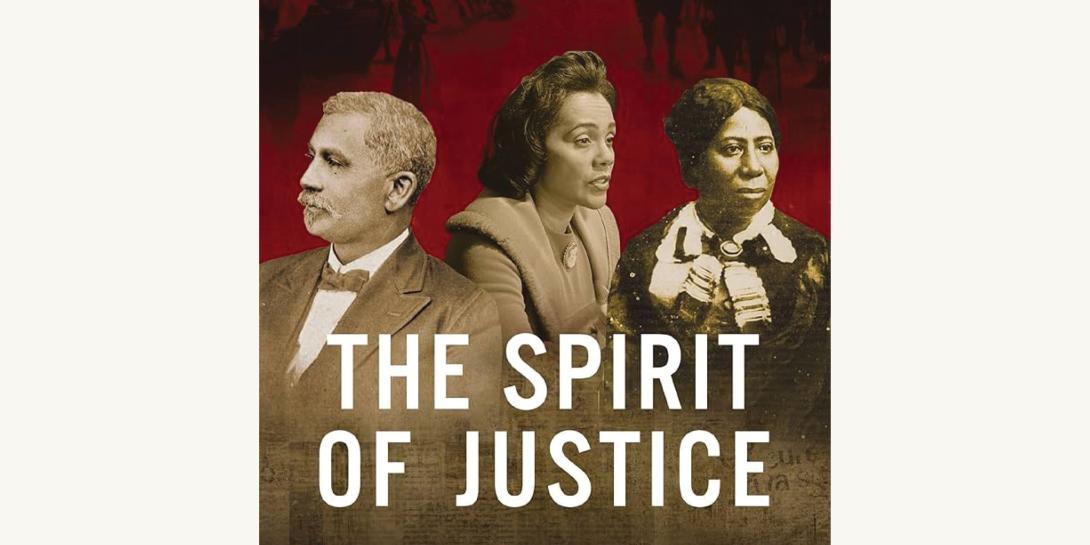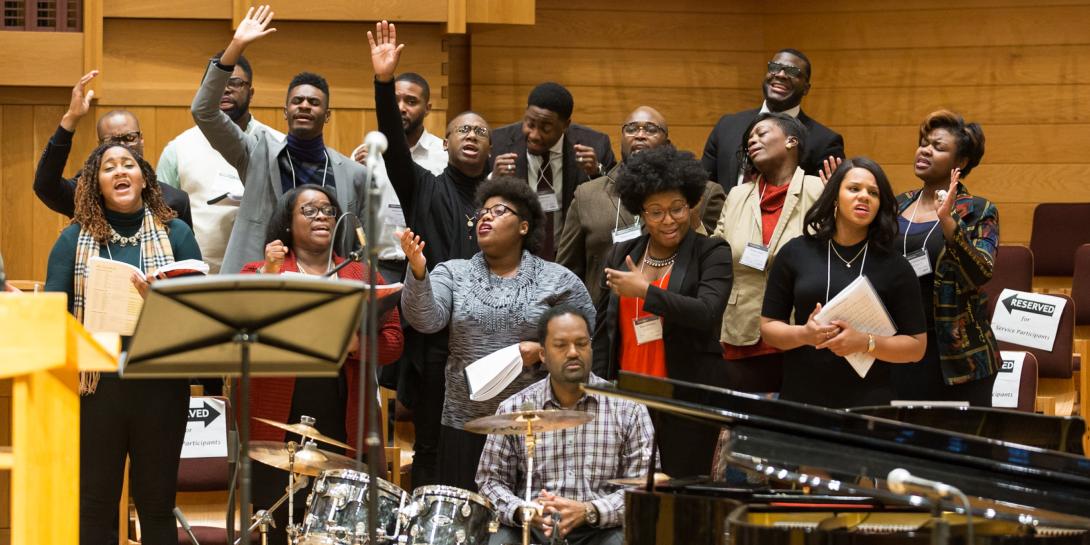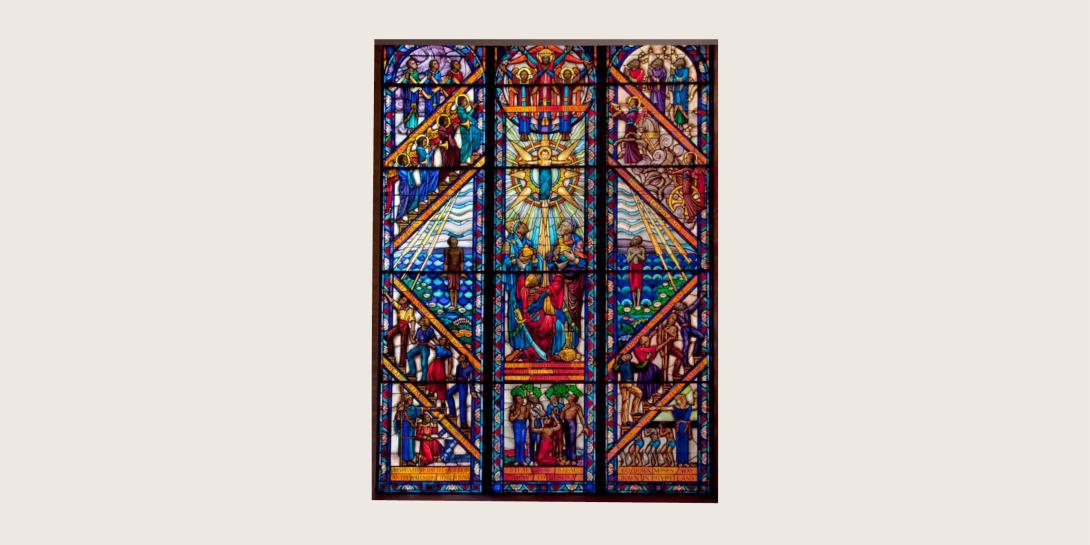Ministry and Preaching School Transforms Local Church
SAN JUAN, Puerto Rico — At Iglesia de Dios Pentecostal M.I. Riveras de Cupey, a new movement of lay formation and empowerment is taking root. The congregation has developed a ministry and preaching school designed to train leaders who, because of financial or academic barriers, have never had access to formal seminary education.
Jonathan Calvillo on How Hip-hop Cultivates Community
Sociologist Jonathan Calvillo researches how hip-hop gives Christians in and beyond the church agency to deal with real-life issues and shape their faith and spirituality.
Jonathan Calvillo on Churches and Hip-hop
Sociologist Jonathan Calvillo grew up in Latinx Pentecostal churches where church leaders made room for young Christians to express themselves through hip-hop. His life experiences and research explore what churches can learn from hip-hop creatives.
Why Confronting What Divides Us Is a Gospel Issue
This workshop will examine why corporate gathering and worship as the church require us to address potentially polarizing issues.
Commemorating the 150th Anniversary of the World Communion of Reformed Churches
The World Communion of Reformed Churches in partnership with the Calvin Institute of Christian Worship leads a global worship service in London, UK.
Wealth, Church, and Leitourgia
How did early Christians understand and practice wealth in relation to worship/service and care of the poor?
Ben Peltz on Indigenous Justice and Worship in Canada
Joining a racial justice pilgrimage in the American South helped a Canadian pastor see parallels to the experiences of Indigenous and settler peoples in his congregation. These insights are helping his church become more appreciative of God’s incarnation in Indigenous people.
Jemar Tisby on The Spirit of Justice
The Black church has deep experience of suffering and being denied God-given and legal rights. As turbulent times affect more people, Jemar Tisby’s book The Spirit of Justice: True Stories of Faith, Race, and Resistance describes how Black Christians have kept the faith.
Reuben Kigame on Music that Expresses the Full Gospel
Not many churches in Africa or elsewhere often include songs about social justice in worship. Kenyan scholar and musician Reuben Kigame believes that re-examining what the Bible says about justice and the good news should shift what we define as music appropriate for worship.
Demetrius K. Williams: African American Christians Enlarged the Meaning of the Cross
Through spirituals, freedom narratives, conversion accounts, and Black preaching, enslaved African Americans shared the embodied hope of Jesus’ death and resurrection. Like Paul, they proclaimed that the power of the cross of Christ should advance how the church participates in and quests for a more just and equitable world.
Demetrius K. Williams: Reclaiming the Full Power of the Cross
Probably every Christian knows that Paul preached about the power of the cross of Christ for personal salvation. But Christians often miss Paul’s discourse on the power of the cross of Christ to bring about social transformation. Reclaiming the full power of the cross should bring about unity and equality—in body, soul, mind, spirit, and voice—in the body of Christ and society.
Nuestra misión cristiana hoy: Relaciones cotidianas con la familia, el Estado y la creación
El segundo tiempo ordinario del Año Cristiano y el Calendario litúrgico (noviembre). La manera en que vivimos nuestras relaciones de cada día en la familia y con las instancias de poder, como el Estado, son otras formas de cumplir nuestra tarea misionera, de ser luz del mundo y sal de la tierra. No menos importante y sin duda más urgentes nuestra responsabilidad hacia la creación: la tarea ecológica.

